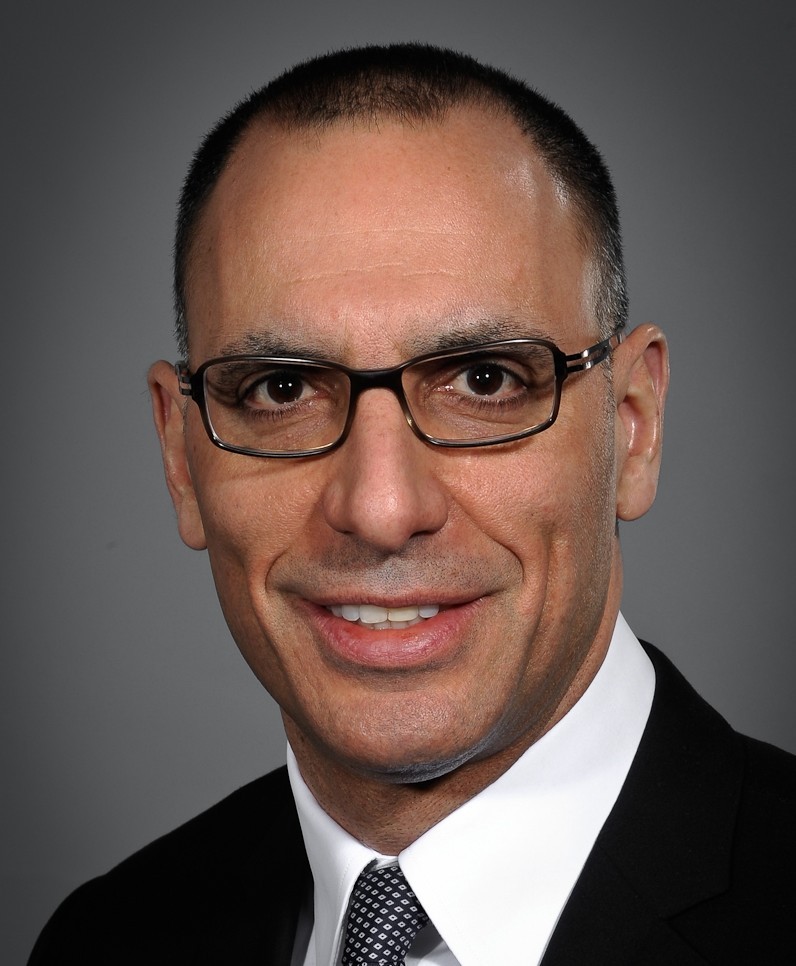“In business, we live by the old adage, ‘The customer is always right.’ But in plastic surgery, is the patient always right?” Board certified plastic surgeon Dr. Daniel Maman of New York City poses a thoughtful question in opposition to almost every other situation in consumer markets. The consumer is always right – whether or not they really are – but the tables turn when the product is an elective surgical procedure. Surgery remains serious and dangerous whether the procedure is an emergency organ transplant or an elective breast augmentation. For these reasons, being a consumer of plastic surgery is a bit different than purchasing other items.
The best plastic surgeons know and preach that the decisions made in the consultation will be the most important in terms of achieving the best and desired result. In order to hammer out these decisions, patients will more than likely need to be educated and perhaps even their desires augmented. Board certified plastic surgeons Dr. Stafford Broumand and Dr. Craig Colville discuss with Maman whether the patient is always right or not.
Is the Patient Always Right? Maybe Not!
The issue with the patient always being right with plastic surgery is that the specialty exists in a very niche world of business. Not often is the road between a desire and a product so uncertain and long, making it difficult for a patient to translate what she or he may have in her head vs. what is possible. Because of this, it’s certainly possible for a well-educated patient to be right, but probably they’re going to be at least somewhat not right.
Is this patient always right? “Maybe not,” answers Dr. Colville, a board certified plastic surgeon from Toledo. “We certainly will listen to what they want to do. If they’re realistic, that would be fine.”
Dr. Colville hints at what sometimes seems a gulf between a patient who has very little information about a procedure vs. one who has spent considerable time and effort educating themselves about it and who is a great candidate. For the latter candidate, the consultation process may be as simple as a surgeon helping to zero in on that last bit, or to offer advice to what the patient has already discovered. In this situation, the patient may be mostly right, but still will always require that expert knowledge and experience to finalize the request.
The experience and depth of a great plastic surgeon’s resume cannot be understated. While a patient may become familiar with technologies and techniques, they will never have the same personal experience and knowledge that comes from decades of evidence from hands, eyes, and thoughts. “We want to assume the patient is always right, but we know so much more than they do,” shares Dr. Broumand, also a board certified plastic surgeon of New York City. “We do this everyday! We know the fine points that can make it a better operation with a better outcome.”
Patients Copying Their Friends’ Decisions
Oftentimes, patients may be driven to plastic surgery by the success of their friends’ procedure. Perhaps a breast augmentation has always been a mild desire, but putting a serious goal into motion has yet to materialize. A successful and beautiful result from a friend’s procedure may be just the impetus required. In that situation, often the would-be patient will take exact notes of everything their friend had and run that straight to the nearest surgeon, hoping to completely emulate the results on their own body.
For Dr. Colville, this situation doesn’t necessarily end with him saying things have to be different for the patient vs. her friend. Sometimes, the specific implant they come in desiring may be the right one, or fit into a selection of implants that would work. “Fit” is the operative word here, as Colville will first rely on measuring that patient to verify the implant she outright requested is even a possibility.
“I would certainly find out why they really want that implant and examine them to see if it would fit,” he explains. “The biggest problem I would have is if that implant isn’t going to fit their body. If it just isn’t going to fit from a dimension standpoint, we’ll have a big discussion about that. If it really fits their body and that’s exactly what they want, fine.”
“Melding Expectations”
Clearly and obviously, expert plastic surgeons know how to achieve certain results. They know how an implant is going to look on a 5′ 10″ average-sized woman vs. a 5′ 5″ wider women vs. a 6′ 3″ woman with no fat on her body. Patients may have some idea of what things will look like, but surgeons know. In order to achieve great results, these two expectations – what a patient desires and what a surgeon knows is possible – need to come together.
“We have to educate them so they come to the same answer we’re looking for and that they’re requesting,” explains Dr. Broumand. “In the end, the outcome will be right and they’ll think they’re right. We want to make sure we have a melding of our expectations and their expectations.”



















Facebook
Twitter
Instagram
YouTube
RSS